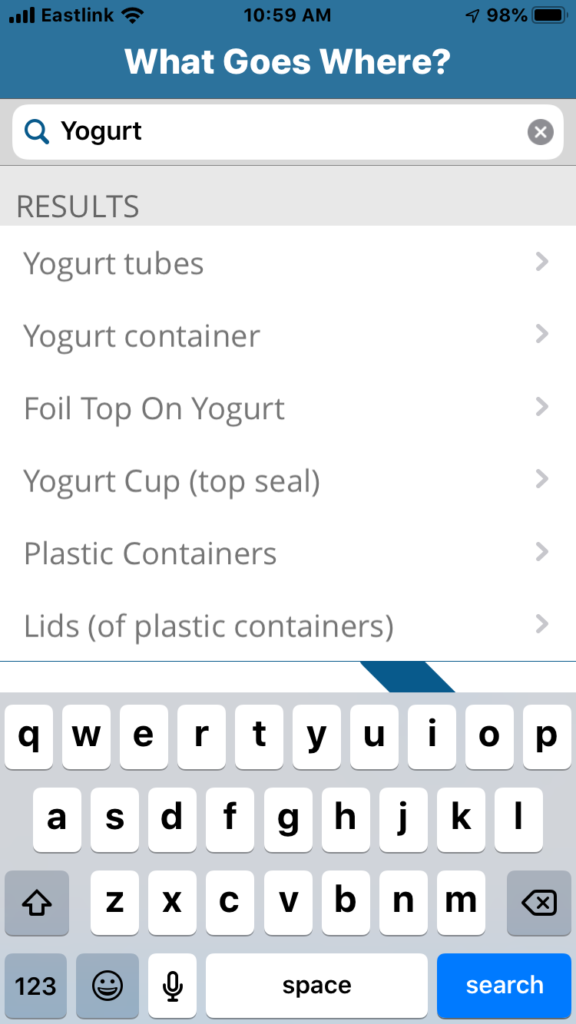In May 2019, Malaysia announced they would be sending back more than 3,000 metric tonnes of non-recyclable plastic waste back to their countries of origin. The Malaysian government forced places like Canada and the United States to face a shocking reality: the world is running out of places to put their garbage.
Despite over three decades of “going green” efforts, Deloitte’s 2016 Environment and Climate Change Canada report revealed more than three million tonnes of plastic still ended up in the garbage. Now, the Canadian government wants to tackle the problem head-on with the enactment of a plastic ban.
From Oct. 21-27, Nova Scotia hosted a Waste Reduction Week, during which people were encouraged to find new ways to reduce, reuse and recycle.
Halifax Regional Municipality spokesperson Maggie-Jane Spray says students should make use of Halifax’s many online garbage and recycling resources. “Our solid waste department does a bit of outreach at university campuses to try to help students understand what goes where, especially students not from the area, that may have different rules on recycling in their neighbourhoods.”
The HRM also has an app called Halifax Recycles. It allows users to search for any item they might have. Spray says “it can get pretty specific.”

Just in case the app leaves lingering questions, here are five things that don’t have to go in the garbage, even though they might seem like trash.
1. Wine Corks
Natural wine corks or soft cork can go in your green bin, there is a weight limit of 200lbs of cork per scheduled collection. Plastic wine corks sadly still go in the garbage but it is important to know the distinction so the wrong ones do not end up in the landfill.
2. Asthma inhalers/nasal inhalers
Nursing Times, a U.S. magazine, revealed in 2013, over 46 million asthma inhalers are thrown away yearly. Local pharmacies, like Shoppers Drug Mart or Lawtons can be contacted to properly dispose of your asthma inhaler before trashing it.
3. Keys and scrap metal
Provided you have enough to weigh, scrap metal locations such as Dartmouth Metals will even pay you for your metal. It is recycled into something else and sold for profit, which then goes to the Halifax-based non-profit Feed Nova Scotia.
4. Eyeglasses (both plastic and metal)
Old eyeglasses can be donated to programs like Lions Club, which says is able to convert more than 35 per cent of their donated supply into useable glasses. Eye doctors can also provide information on how and where to recycle your glasses.
5. Headphones
Headphones, along with any other electronic device, can contribute to what is known as e-waste. E-waste can often be repurposed, but if not disposed properly, it can lead contribute to significant environmental pollution. In Nova Scotia, electronics can be recycled at one of the 2,300 Recycle My Electronic locations.
In June 2019, the Canadian Government announced they had approved a Canada-wide zero plastic waste action. The ban, which includes banning of plastic cutlery could begin as early as 2021. The goal is to reduce the amount of garbage going to landfills.


Recent Comments